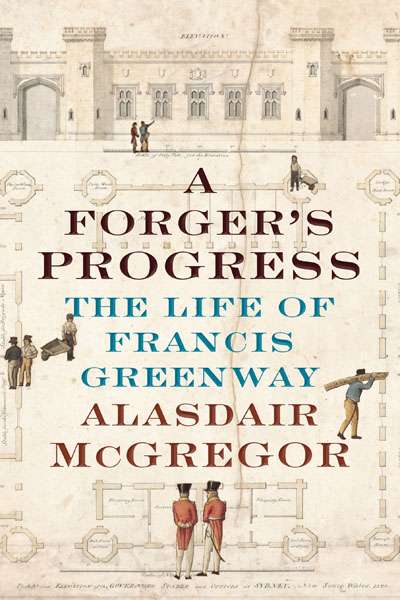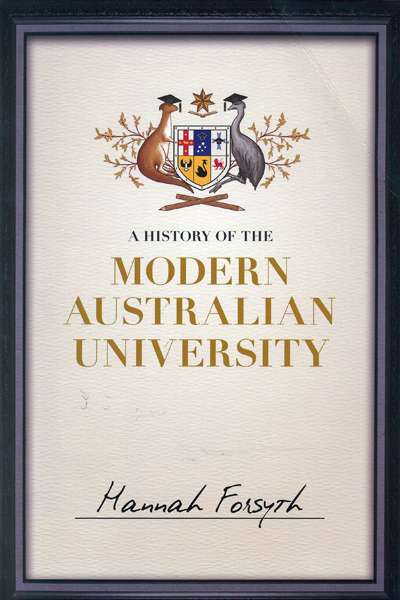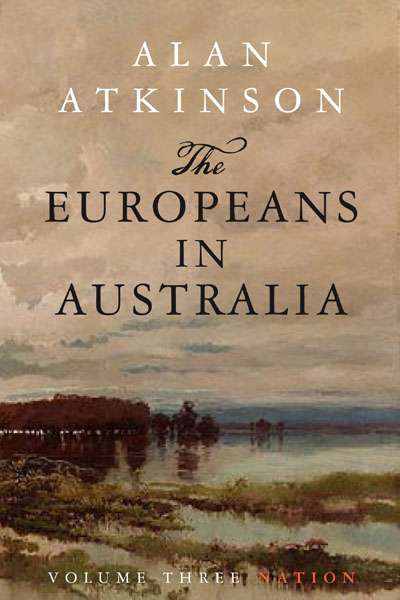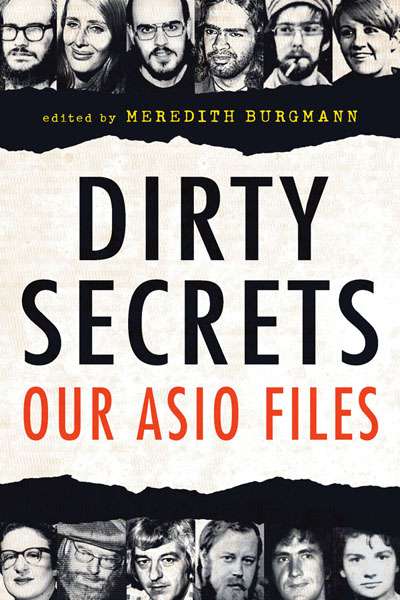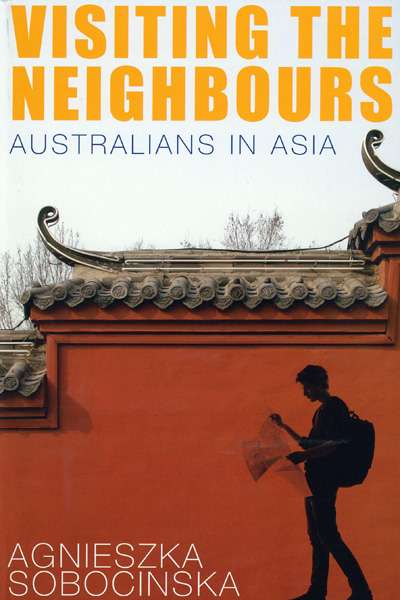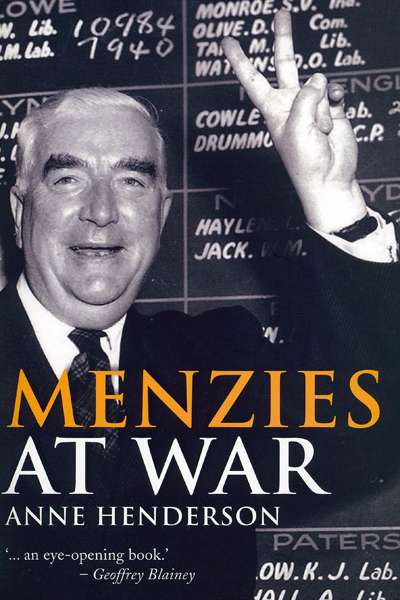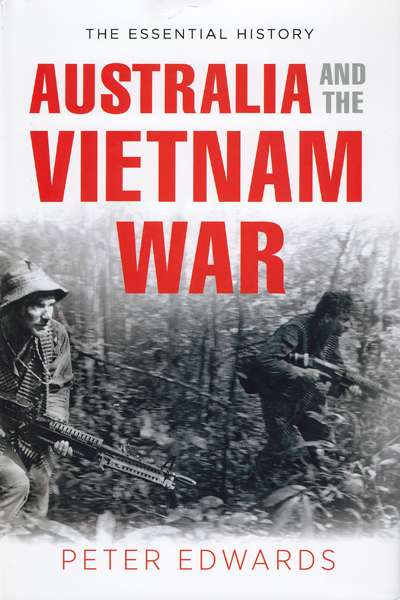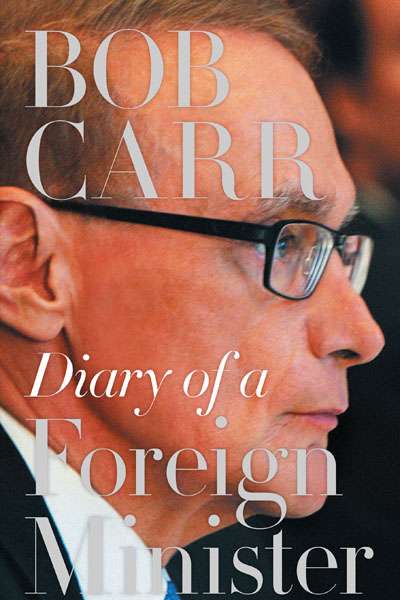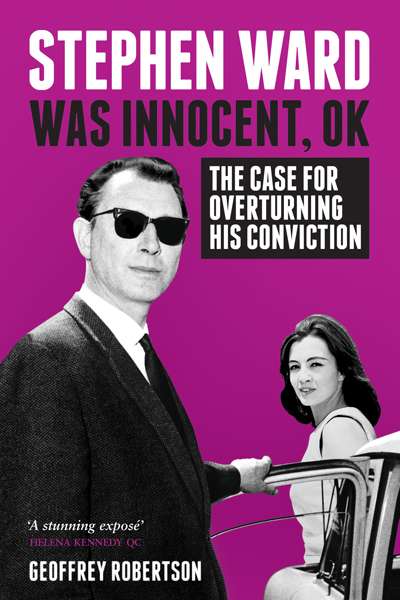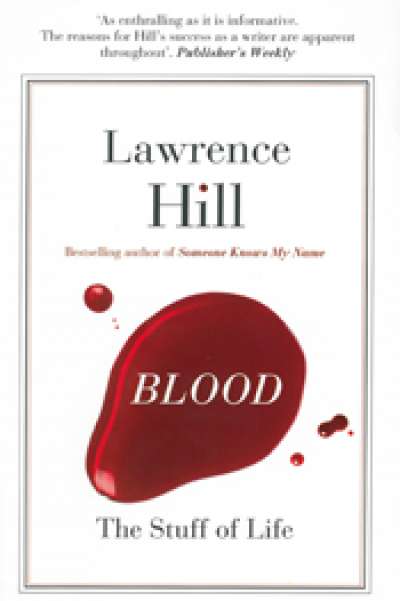NewSouth
A Forger’s Progress: The life of Francis Greenway by Alasdair McGregor
by Paul Brunton •
A History of the Modern Australian University by Hannah Forsyth
by Colin Steele •
The Europeans in Australia: Volume 3: Nation by Alan Atkinson
by Mark McKenna •
Visiting the Neighbours: Australians in Asia by Agnieszka Sobocinska
by Stephen Atkinson •
Stephen Ward Was Innocent, OK: The Case for Overturning his Conviction by Geoffrey Robertson
by Paul Morgan •

